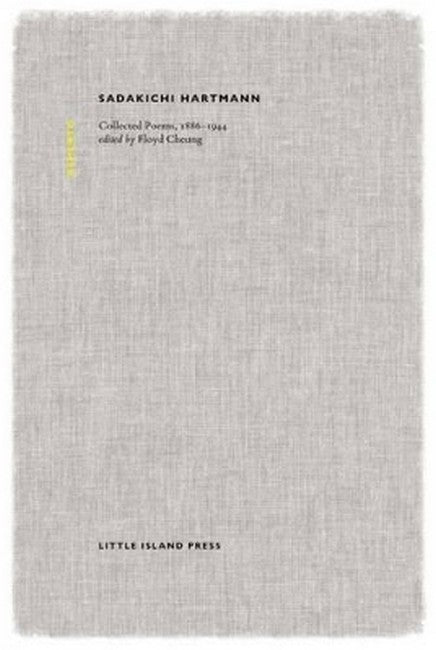Floyd Cheung is associate professor of English language and literature and of American studies. He is also a member of the Five College Asian/Pacific/American Studies Certificate Program, for which he served as the founding chair. In 2012, he was awarded with the Kathleen Compton Sherrerd, 54, and John J. F. Sherrerd Prize for Distinguished Teaching. Born in Hong Kong, he grew up in Las Vegas, earned his B.A. at Whittier College, and his M.A. and Ph.D. in English at Tulane University. At Smith, he teaches courses in American literature, American studies, and Asian American literature and culture. In each of these fields, Professor Cheung has published articles in academic journals. Interested in the recovery of early Asian American texts, Professor Cheung has edited H. T. Tsiang s novels And China Has Hands (Ironweed Press, 2003) and The Hanging on Union Square (Kaya Press, 2013) and co-edited Kathleen Tamagawa s memoir, Holy Prayers in a Horse s Ear (Rutgers UP, 2008). With Keith Lawrence, he co-edited and contributed a chapter to Recovered Legacies: Authority and Identity in Early Asian American Literature (Temple University Press, 2005). With Lavina Dhingra, he co-edited and contributed a chapter to Naming Jhumpa Lahiri: Canons and Controversies (Lexington-Rowman and Littlefield, 2012). His own attempts to produce Asian American literature have taken poetic form and can be found in such journals as Mascara Literary Review, qarrtsiluni, and Rhino. His chapbook of poems is entitled Jazz at Manzanar. Sadakichi Hartmann (1867-1944) was a photography critic and poet of German and Japanese descent. Hartmann, born on the artificial island of Dejima, Nagasaki to German businessman Carl Herman Oskar Hartmann and Japanese mother Osada Hartmann and raised in Germany, arrived in Philadelphia in 1882 and became an American citizen in 1894. An important early participant in modernism, Hartmann was a friend of such diverse figures as Walt Whitman, Stephane Mallarme and Ezra Pound. His poetry, deeply influenced by the Symbolists as well as orientalist literature, includes 1904's Drifting Flowers of the Sea and Other Poems, 1913's My Rubaiyat and 1915's Japanese Rhythms. His works of criticism include Shakespeare in Art (1901) and Japanese Art (1904). During the 1910s, Hartmann let himself be crowned King of the Bohemians by Guido Bruno in New York's Greenwich Village. Hartmann wrote some of the earliest English-language haiku. He was one of the first critics to write about photography, with regular essays in Alfred Stieglitz's Camera Notes. Hartmann published criticism and conducted lecture tours under the pseudonym "Sidney Allen." He made a brief appearance in the Douglas Fairbanks film The Thief of Bagdad as the court magician. Later years found him living in Hollywood and, by 1942, on his daughter's ranch outside Banning, California. Due to his age and health conditions, Hartmann was one of only a few Japanese Americans on the West Coast to avoid the mass incarceration during World War II, although the FBI and local officials visited the ranch often to conduct investigations. In 1944, he died while visiting another daughter in St. Petersburg, Florida. A collection of his papers is held at the University of California, Riverside, including correspondence related to his obtaining permission to remain in Banning during the war."

